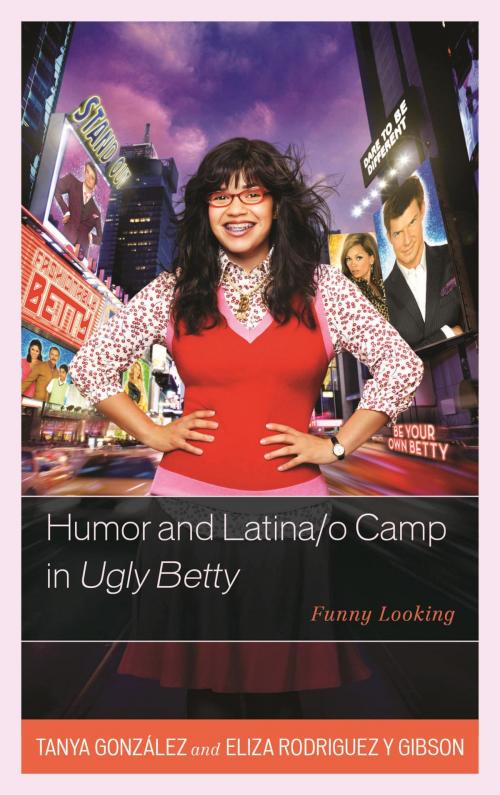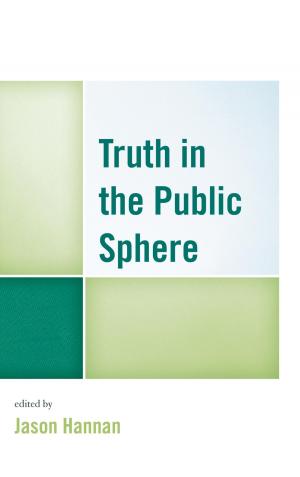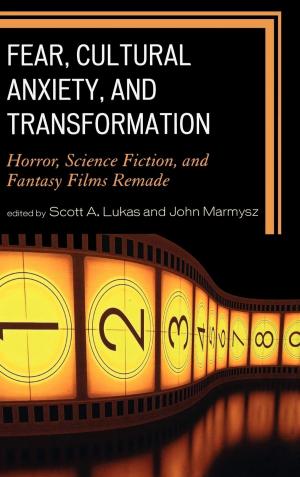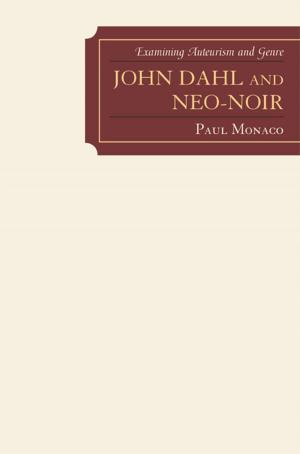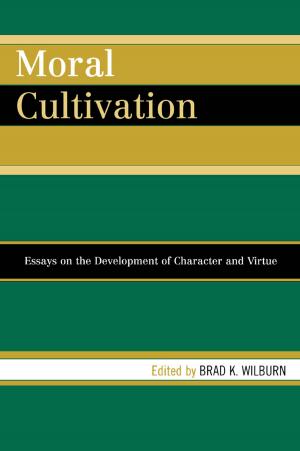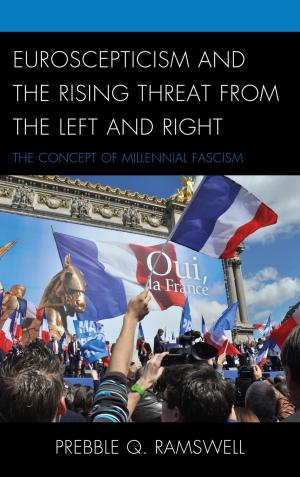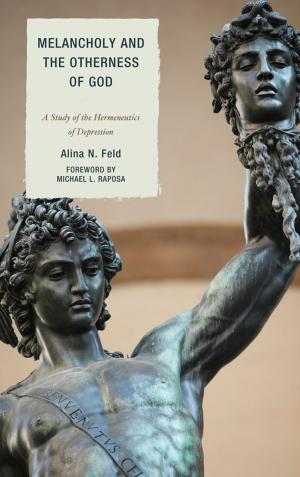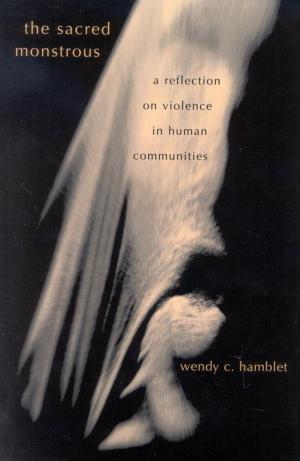Humor and Latina/o Camp in Ugly Betty
Funny Looking
Nonfiction, Social & Cultural Studies, Social Science, Cultural Studies, Ethnic Studies, Entertainment, Performing Arts, Television, Popular Culture| Author: | Tanya González, Eliza Rodriguez y Gibson | ISBN: | 9780739197509 |
| Publisher: | Lexington Books | Publication: | July 31, 2015 |
| Imprint: | Lexington Books | Language: | English |
| Author: | Tanya González, Eliza Rodriguez y Gibson |
| ISBN: | 9780739197509 |
| Publisher: | Lexington Books |
| Publication: | July 31, 2015 |
| Imprint: | Lexington Books |
| Language: | English |
In Humor and Latina/o Camp in Ugly Betty: Funny Looking we use Ugly Betty as a lens to examine the nervous laughter provoked by mainstream texts--the laughter that causes us to reflect on the messiness of our lived experiences as U.S. Latinas/os. The project explores the links between the aesthetic and the social in a mainstream television show in a way that departs from the well-worn paths of stereotype analysis and critique. Traditionally Chicana / Latina studies has focused on historically marginalized forms of representation as sites of resistance and it has viewed the mainstream with suspicion, given its familiar history of both erasure and racist stereotype. We contend that Ugly Betty demonstrates an astute manipulation of this history of (mis)representation, and this manipulation is most visible in the show’s deployments of Latina/o camp that structures its look and narrative style.
We contend that Ugly Betty moves beyond the binaries of traditional representational politics, and requires a funny looking approach that opens a vista of critical possibility, which applies to all mainstream texts that portray people of color through comedy. Moreover, the book suggests that Ugly Betty’s use of humor to represent Latinidad reflects and emerges from the lived experiences of navigating oppressive landscapes mentioned above, and it does so through the use of Latina/o camp and humor.
We contend that Ugly Betty moves beyond the binaries of traditional representational politics, and requires a funny looking approach that opens a vista of critical possibility, which applies to all mainstream texts that portray people of color through comedy. Moreover, the book suggests that Ugly Betty’s use of humor to represent Latinidad reflects and emerges from the lived experiences of navigating oppressive landscapes mentioned above, and it does so through the use of Latina/o camp and humor.
In Humor and Latina/o Camp in Ugly Betty: Funny Looking we use Ugly Betty as a lens to examine the nervous laughter provoked by mainstream texts--the laughter that causes us to reflect on the messiness of our lived experiences as U.S. Latinas/os. The project explores the links between the aesthetic and the social in a mainstream television show in a way that departs from the well-worn paths of stereotype analysis and critique. Traditionally Chicana / Latina studies has focused on historically marginalized forms of representation as sites of resistance and it has viewed the mainstream with suspicion, given its familiar history of both erasure and racist stereotype. We contend that Ugly Betty demonstrates an astute manipulation of this history of (mis)representation, and this manipulation is most visible in the show’s deployments of Latina/o camp that structures its look and narrative style.
We contend that Ugly Betty moves beyond the binaries of traditional representational politics, and requires a funny looking approach that opens a vista of critical possibility, which applies to all mainstream texts that portray people of color through comedy. Moreover, the book suggests that Ugly Betty’s use of humor to represent Latinidad reflects and emerges from the lived experiences of navigating oppressive landscapes mentioned above, and it does so through the use of Latina/o camp and humor.
We contend that Ugly Betty moves beyond the binaries of traditional representational politics, and requires a funny looking approach that opens a vista of critical possibility, which applies to all mainstream texts that portray people of color through comedy. Moreover, the book suggests that Ugly Betty’s use of humor to represent Latinidad reflects and emerges from the lived experiences of navigating oppressive landscapes mentioned above, and it does so through the use of Latina/o camp and humor.
